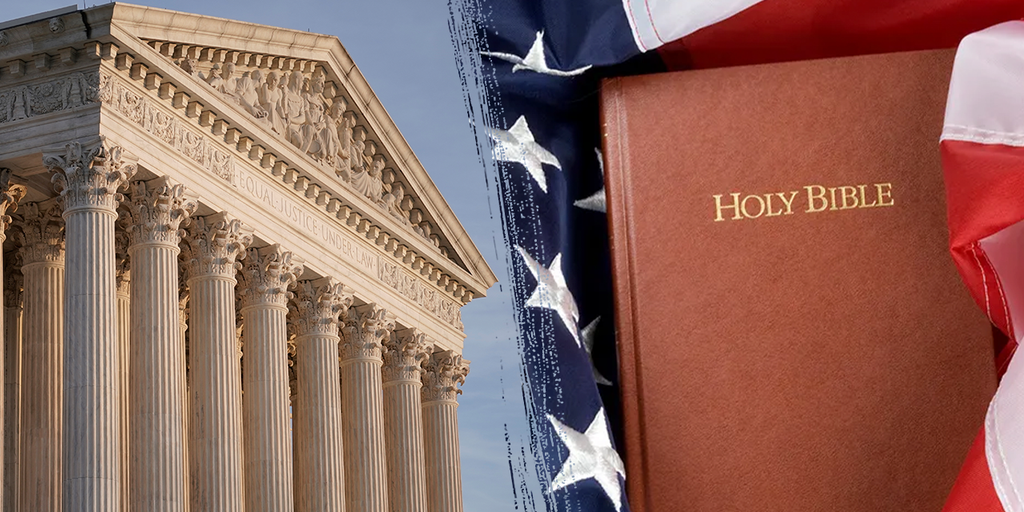Faith, Funding, and Controversy: Supreme Court Weighs Landmark Religious Charter School Challenge

In a landmark decision that could reshape the landscape of education and religious freedom, the Supreme Court has announced it will hear arguments concerning an unprecedented proposal: Oklahoma's bid to establish the nation's first publicly funded religious charter school. This groundbreaking case promises to challenge existing boundaries between church and state in the educational sphere.
The case has sparked intense debate among legal experts, educators, and religious advocates, who are closely watching how the Court will navigate this complex constitutional question. At the heart of the matter is a bold initiative that seeks to create a charter school with an explicitly religious foundation, funded by public taxpayer dollars.
By agreeing to review the case, the Supreme Court signals its willingness to explore the delicate balance between religious expression and the constitutional principle of separating church and state. The potential ruling could have far-reaching implications for educational policy and religious liberty across the United States.
Legal scholars and education policy experts are eagerly anticipating the arguments, recognizing that the Court's decision could fundamentally alter how religious institutions interact with public education funding. The outcome may set a significant precedent for future cases involving religious schools and public support.

